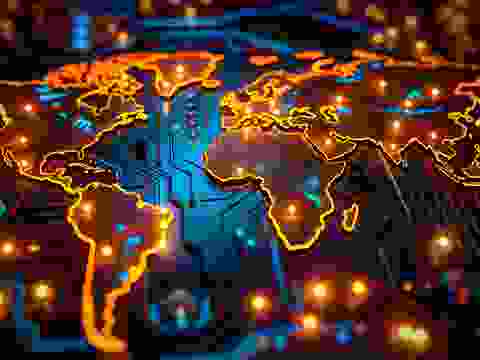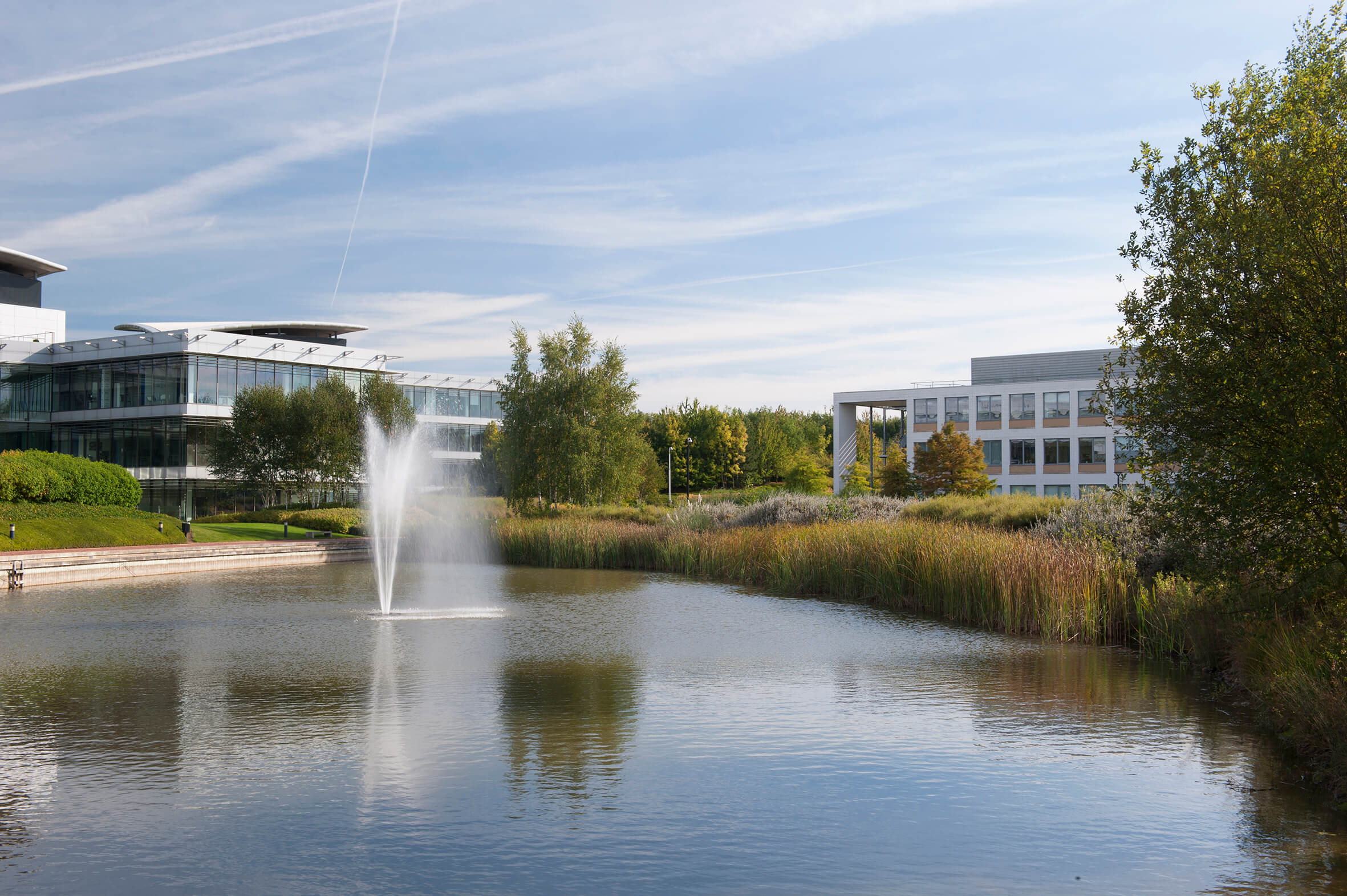Association of Southeast Asian Nations
Critical minerals, policy, and the energy transition
Facilitating market development across ASEAN
The Association of Southeast Asian Nations (ASEAN) was established on 8 August 1967 by the Foreign Ministers of Indonesia, Malaysia, the Philippines, Singapore, and Thailand to promote social, cultural, and political cooperation among its member states. The ASEAN Declaration (Bangkok Declaration) laid the foundation for collaboration, address regional challenges and enhance economic growth. Today, ASEAN includes ten member states and continues to play a vital role in regional integration and development. The organisation’s focus on cooperation and shared principles has made it one of the most successful inter-governmental organisations in the developing world, promoting a stable and prosperous Southeast Asia. As the world's fourth-largest energy consumer, ASEAN faces rising energy demand and carbon emissions, with a rapidly growing population nearing 700 million. With its low-lying coastal areas, agricultural dependence, and limited adaptive capacity, the region’s vulnerability to climate change makes this energy transition critical. ASEAN countries face rising temperatures, sea levels, air pollution, and extreme weather events, threatening the region’s economy and population. ASEAN is overhauling its energy systems to address these challenges. Investments in areas like early retirement of coal plants and grid infrastructure development are necessary but capital-intensive. New initiatives like the Just Energy Transition Partnership (JETP) and Energy Transition Mechanism (ETM) are being explored to unlock finance and mobilise funds into the region. By prioritising energy efficiency, promoting renewable energy, and reducing carbon emissions, ASEAN aims to create a sustainable and resilient energy future, enhancing regional stability and prosperity.


Meet the Critical Minerals team
Trusted advice from a dedicated team of experts.

Henk de Hoop
Chief Executive Officer

Beresford Clarke
Managing Director: Technical & Research

Jamie Underwood
Principal Consultant

Ismet Soyocak
ESG & Critical Minerals Lead

Rj Coetzee
Senior Market Analyst: Battery Materials and Technologies

How can we help you?
SFA (Oxford) provides bespoke, independent intelligence on the strategic metal markets, specifically tailored to your needs. To find out more about what we can offer you, please contact us.









